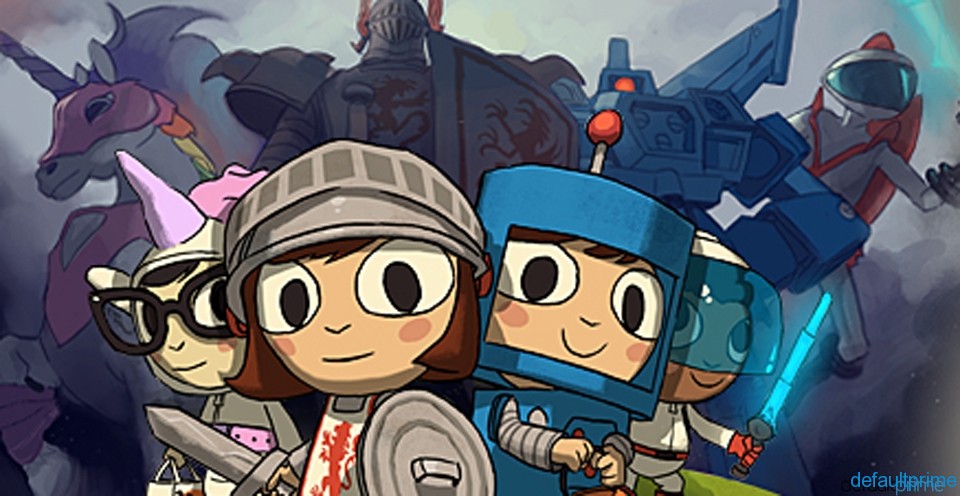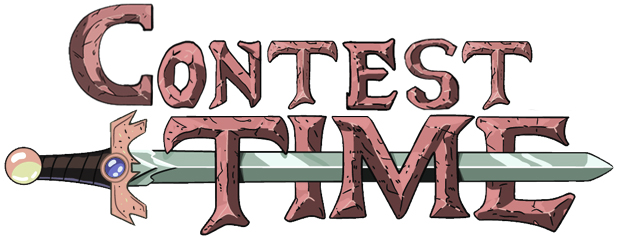The more active I’ve become in both the so-called “social justice” and feminist gaming communities the more I’ve grown to resent being told and seeing others be told to be more “nice” about things. Perhaps even worse than the direct and obviously aggressive responses or hate messages are those littered with statements like the following: “if you said this nicely more people would listen,” “you shouldn’t be so rude/angry,” “you should reword that because you sound like a (insert derogatory word here).” Those statements that are so obviously guilty of tone policing come off even worse to me than the (unfortunately) expected combative and insulting comments for the sheer fact that they invalidate genuine and reasonable feelings of anger and frustration. They’re dismissive of the fact that anger is not only paramount to enacting any hope of change but also a justifiable and earned reaction.
For a long time I was worried and cautious of being “that feminist” or activist. I didn’t want to be the one that was consistently angry in such a way that it fit with the trope or was laughable; or the one dismissed as being a “bitch” or crazy or radical. Primarily I didn’t want to have my arguments get discarded. I thought that if I instead tried to be “nice,” more agreeable, or perhaps even a sympathetic I’d maybe get my message heard.
But as I’ve progressed onward I’ve realized that, in a way, the opposite of anger is complacency, even passivity. By simply saying nothing or allowing an entire, valid, argument to fall by the wayside for fear of possibly upsetting those that are generally perpetuating the oppression or making the demeaning comments to begin with can simply be another means of submission. Anger is a means of progress as it becomes productive, motivational, and rational. In addition, I often find that it’s hard not to be angry when faced with the barrage of sexism, racism, homophobia and the like. Anger simply becomes a way of dealing with the mess.
Within the gaming community this “speak nicely” comment gets taken in another way, particularly when campaigning for better representation. Instead of getting told to stop being angry, though that also does definitely continue to happen, a lot of the time I’ve found that we’re told instead to “be grateful” or to simply “get over it” no matter what tone we bring it up in. When Hideo Kojima creates “Quiet” as a woman literally unable to talk and parades her as a “strong female character,” the ridiculousness of which we’ve discussed previously, we’re told to be thankful a female character is there at all. Likewise, when customizable female avatars are offered in the Call of Duty: Ghosts multiplayer campaign but are almost entirely devoid from the single player (especially considering the dog character spills over from single player to multiplayer… I mean, come on) and we raise any mention of it, we’re told that it is “progress” enough already. The game community is guilty of equal dismissal. In the end it all comes back down to a form of policing in which guilt becomes the driving force of the opposing argument.
But I say if you’re not getting at least a little angry confronting all the muck that’s out there, you’re probably not doing it right; and if you’re angry that just means you’re passionate.




One thought on “How I Learned to Stop Worrying and Embrace My Inner Angry Feminist”